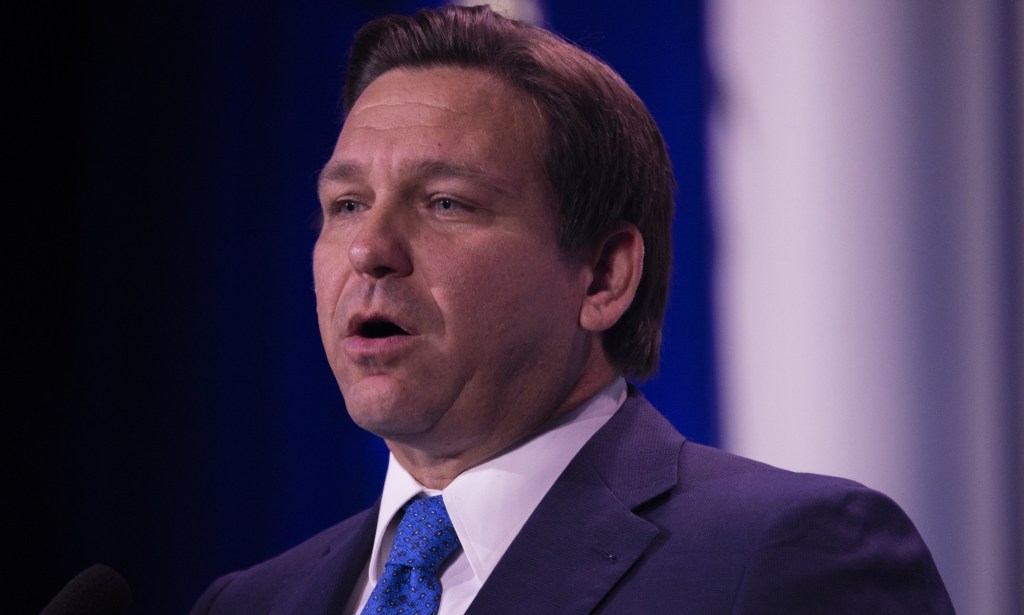
The ‘Dont’ Say Gay’ bill is incredibly controversial for its attack on LGBTQ+ rights. (Getty)
Indiana lawmakers have proposed a copycat version of Florida’s “Don’t Say Gay” law.
State officials discussed enacting a bill to restrict discussion of LGBTQ+ subjects in schools during a legislative conference on Friday (16 December).
Republican Bob Behning mentioned the proposal during a panel discussion with fellow House education committee members, where he explained that lawmakers were reviewing aspects of the US education system that the bill would address.
The Indianapolis representative directly referenced the controversial law when discussing the bill, saying the upcoming draft would be “similar to what Florida did in regards to sexual orientation”.
“Let’s teach kids the basics and not try to get beyond that in terms of what are parental responsibilities versus what are responsibilities of the school,” he said.
The “Don’t Say Gay” law – pushed by Republican governor Ron DeSantis – has been described as one of the most “hateful” in the US.

Behning did not explicitly name the bill’s sponsors and clarified that he did not yet know whether it would come to his committee.
He did, however, express his support for a principle of so-called “parental rights” in education – a term often used to push back against LGBTQ+ topics in education.
The concept of an Indiana-style “Don’t Say Gay” policy was described as a “gut punch” by state LGBTQ+ activists.
Indiana Youth Group (IYG) CEO Chris Paulson said that the bill would disproportionately harm LGBTQ+ youth, who often struggle to find safe spaces in education.
“The damage even having the bill introduced will cause to young people is immeasurable,” he said. “We will see youth die by suicide because of this.
“I think it’s that dire and I’m sad that lawmakers don’t realise their actions have really bad consequences, even if the bill doesn’t pass.”
Additionally, Indiana senator J.D. Ford – Indiana’s first openly gay member – said the Florida bill was incredibly divisive, urging lawmakers to reconsider pushing the bill.
“We have so many more priorities in our state to deal with,” he said. “I don’t think that rises to the level of importance.”






